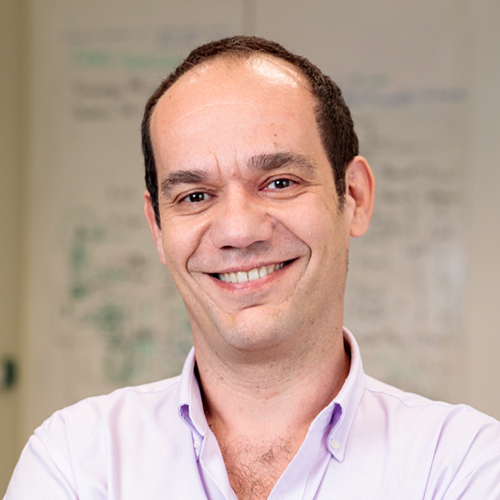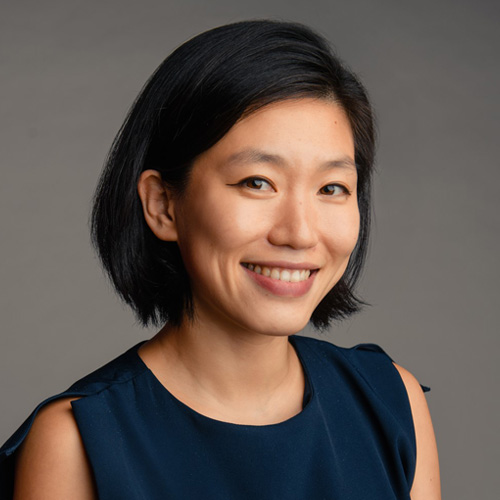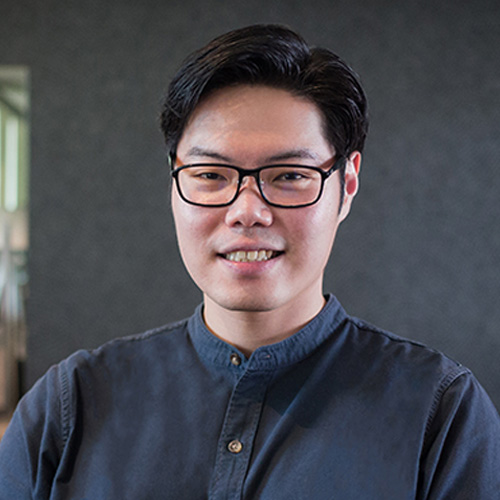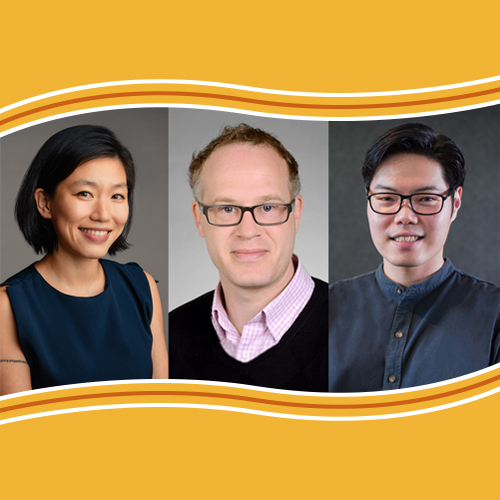Highlights
CQT welcomes three new Principal Investigators: Meet Marco Tomamichel
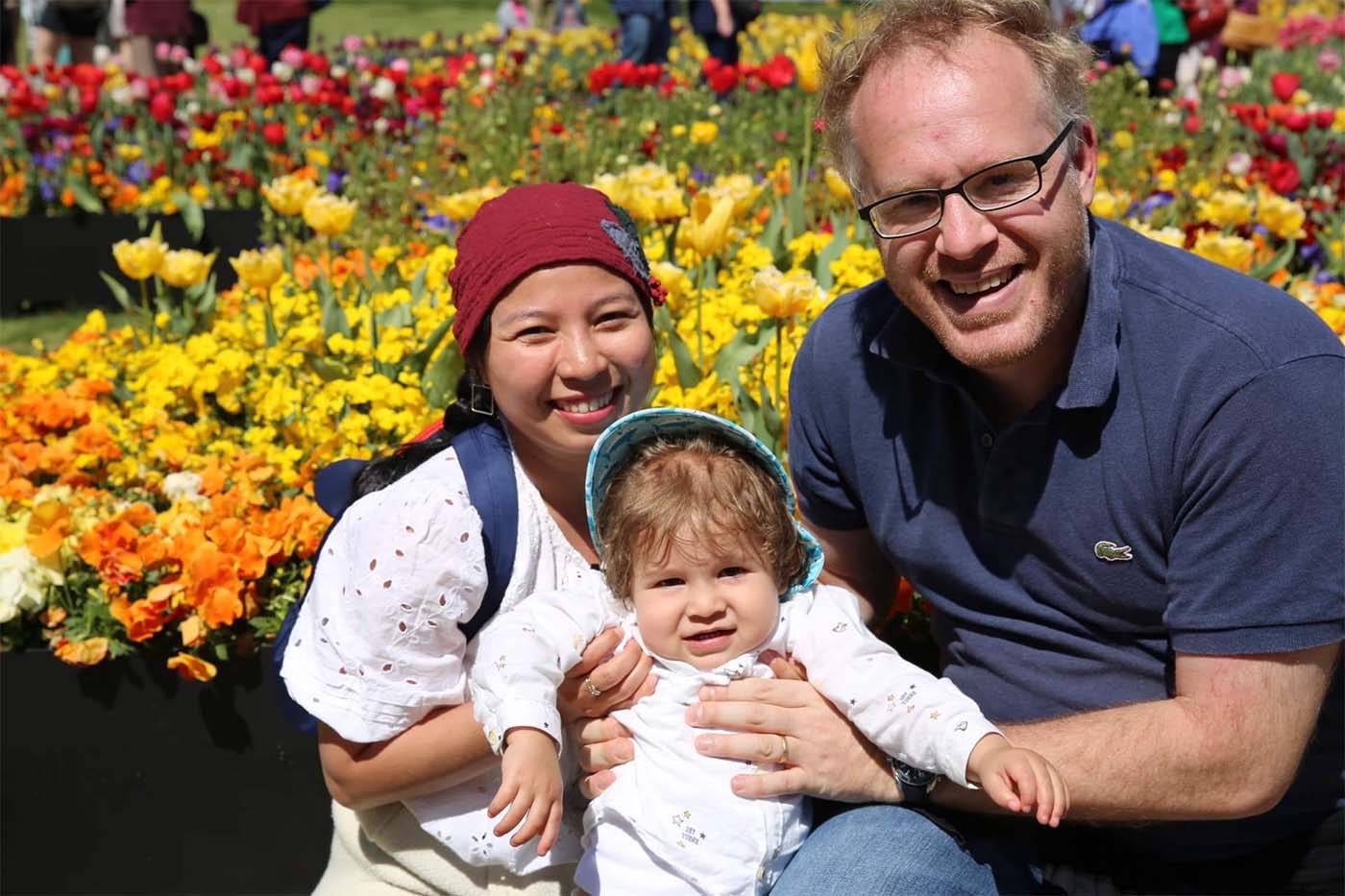 Marco enjoys the outdoors and scuba diving. He is also enjoying fatherhood and is pictured here with his wife and two-year-old son.
Marco enjoys the outdoors and scuba diving. He is also enjoying fatherhood and is pictured here with his wife and two-year-old son.
Marco Tomamichel is one of three new Principal Investigators joining CQT in May 2020. A former CQT Research Fellow who moved into a faculty role in Australia, he returns to CQT with co-appointment in the NUS Department of Electrical and Computer Engineering, Faculty of Engineering. Marco has expertise in quantum information theory, including its applications in communication and cryptography. More information can be found on his group's website. Over to him to tell us more about himself and his work…
What is your story?
I was born and raised in Switzerland, and for the most part lived and went to school around the lake of Zurich. I studied Electrical Engineering and Information Technology at ETH Zurich, which luckily allowed me to focus on the very theoretical and mathematical aspects of the engineering discipline. I then followed my interest in theoretical physics to do a PhD under the supervision of Renato Renner, also at ETH, who first brought me to quantum cryptography and information theory. My love of travel and the attractiveness of CQT as a global research hub then led me to join Stephanie Wehner's group as a postdoc in 2012. Stephanie was a Principal Investigator in CQT before she moved to QuTech in The Netherlands.
Before starting my current position, I was a University of Sydney Research Fellow from 2014 to 2016. I moved to the University of Technology Sydney in 2017, becoming an Associate Professor in 2019.
I met my wife and got married while I was in Singapore and now we have moved back with our two-year-old son Noah.
Tell us about your research
My research interests lie at the intersection of information theory, cryptography and quantum mechanics. My main focus is on the mathematical foundations of quantum information theory, for example the study of entropy and other information measures, as well as theoretical questions that arise in quantum communication and cryptography when the available resources are limited. For example I am interested in analysing how quantum cryptography can remain secure in the presence of realistic noise, or how well we can approach the capacity of a quantum channel when we only have access to states and measurement that are coherent over a small number of qubits. My research provides a lot of tools that are necessary for such an analysis, for example entropic uncertainty relations and relations between different information measures. But beyond this specific research agenda, I simply like to tackle interesting problems of any kind and work with and learn from people with different interests and backgrounds.
Do you have a favourite problem?
One of the more exotic questions that I am passionate about is about how to meaningfully generalise information measures from classical information theory to quantum. Because of the non-commutativity of quantum mechanics, a single classical quantity can be generalised in many ways essentially because we must choose in which order to perform matrix multiplications. But only some of them are operationally meaningful, that is, they are the answer to some particular question about quantum information processing we might ask. Deriving these meaningful generalisations in an axiomatic way is one of the challenges that I hope to make progress on.
Did you experience any eureka moments?
I don't really believe in eureka moments, they are more in the realm of romanticising the scientific endeavour. The closest approximation to that I experienced was actually during a lecture by John Watrous in a summer school in Montreal, and the topic was semidefinite programming. I started applying what I learned in real time to a problem I was working on and it actually worked! So the same day I had a result that led to two of my most cited papers.
When did you realise you wanted to be a scientist?
I am not sure I am fully comfortable calling myself a scientist even now. I am in an engineering department now after all and my undergraduate background is also in engineering, with a bit of physics and computer science interspersed.
What do you think is the difference between a scientist and an engineer?
I think the difference actually boils down to philosophy! But that's just my take, and obviously a perspective of a theorist. For me scientists are ultimately striving to understand the world at a very fundamental level. Over a drink you might even hear me say that they are trying to force nature to comply with our human intuition or notion of beauty – but why should it? Most theoretical engineers (and computer scientists for that matter) on the other hand are quite happy to accept an empirically sound mathematical model without asking the "why" question and then explore where this takes us. So you will for example not find too many of us arguing about interpretations of quantum mechanics.
How did you get (back) to CQT?
Well, for that I really have to thank my two colleagues and collaborators at the Department of Electrical and Computer Engineering, Vincent Tan and Charles Lim. When I was visiting CQT in 2019 they approached me and mentioned that the Department was looking for somebody to complement the Communications group, and from there the journey started in earnest. I had already been associated with CQT in a visiting position working with Rahul Jain and Miklos Santha. But in fact CQT and Singapore had already been on my radar for a long time: on the one hand because I really enjoyed my time here previously, both professionally and personally, on the other because of its location, only one flight away from all of Noah's grandparents, who are based in Vietnam and Switzerland. (Singapore is as good as it gets when it comes to flight connections to both countries!)
What is next, now that you are a PI?
Well, there’s a lot of work ahead. A research group is only as good as its students and postdocs, so my first goal is to attract a good team here in Singapore (if you stumble upon this and are interested in pursuing a PhD in my group, please write to me). Travel restrictions currently in place because of the pandemic with COVID-19 obviously makes this a bit harder – but in the meantime I am actually quite looking forward to having some time to finish up some ongoing research projects! Beyond that I am excited to build a stronger link between quantum information and engineering. The physics that allows for quantum computing is by now well understood, but a lot of engineering challenges remain to make this vision practical. So it is a very exciting space to be in right now.
What is something you do when not thinking about mathematics, physics or abstract problems?
I enjoy the outdoors, and in particular the unique relaxing atmosphere one can only experience 20m under water in a scuba suit. I’ve been diving for 15 years by now, although not too often recently, sadly. I learned diving in tropical waters and the Sydney water simply did not appeal to me. I am hoping that I will get back into it with short trips from Singapore. However, currently I am mostly enjoying fatherhood and have little time left for other adventures.



